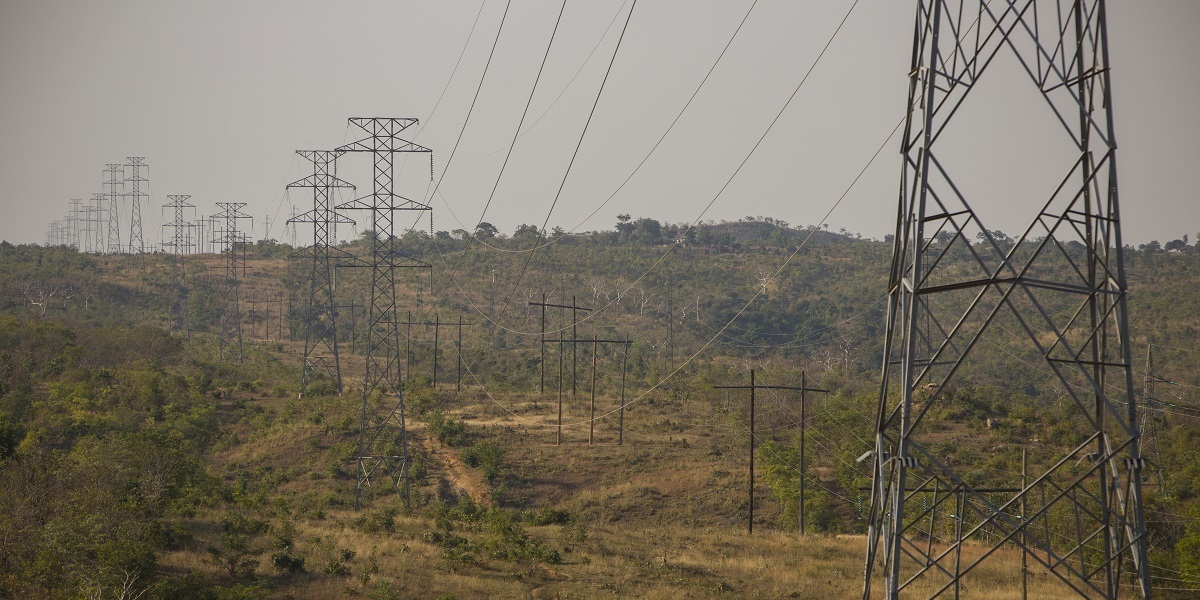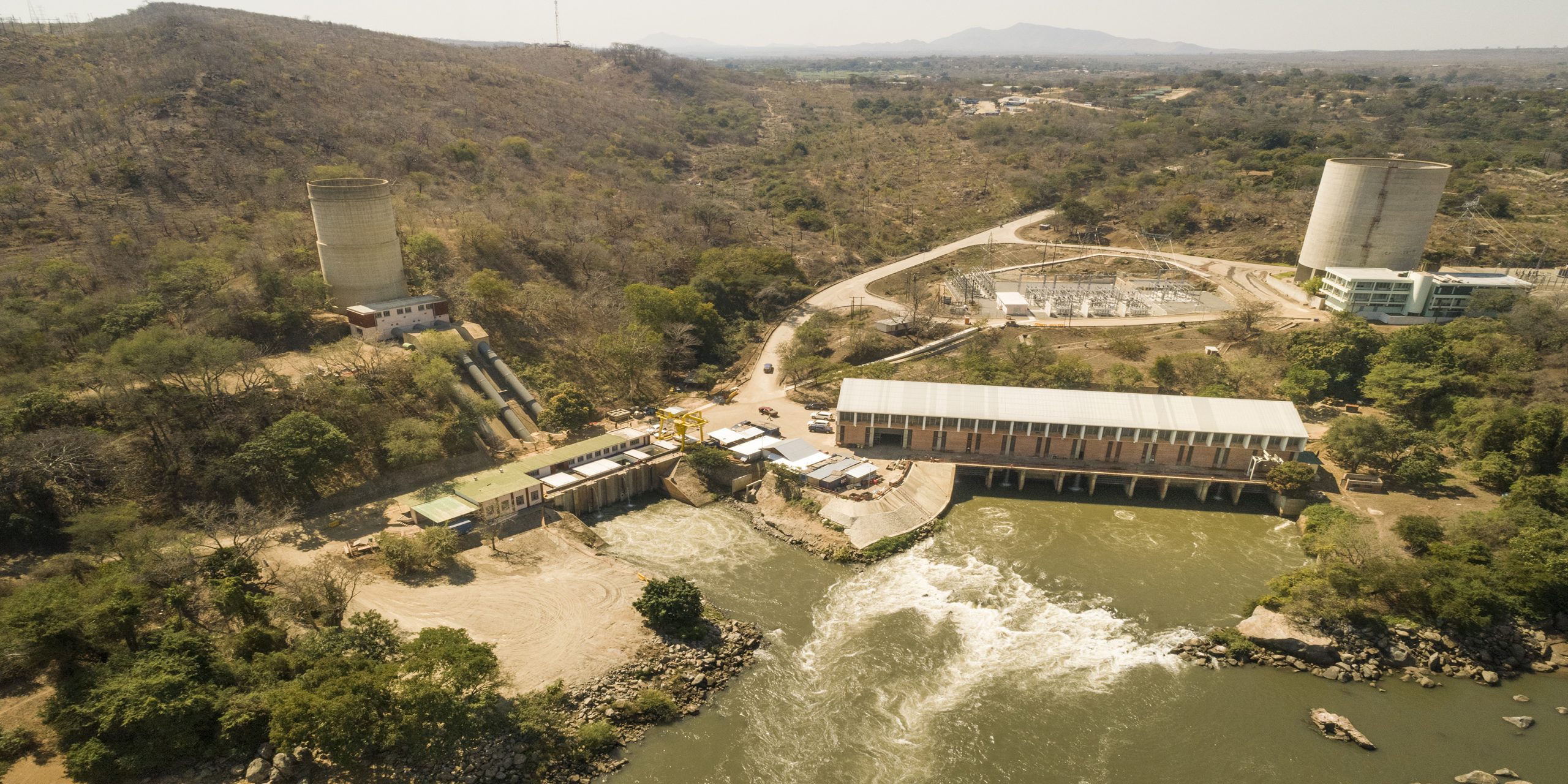-
Closeout Feature Page
Powering Progress

MCC’s investments in Malawi’s power sector established a foundation on which the Government of Malawi, private sector investors, and regional partners now have an opportunity to build a brighter future for Malawi.
-
Star Report
Malawi Compact

Read MCC’s Star Report: Malawi Compact for a comprehensive look at MCC’s $351 million investment, focused on intensive policy and institutional reforms coupled with infrastructure investment, aimed at fundamentally transforming Malawi’s power sector.
Malawi Compact
The Malawi Compact's end date was September 20, 2018. The compact is now closed.

